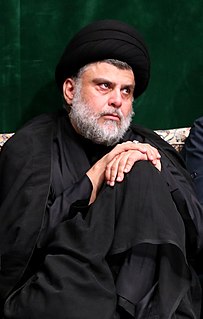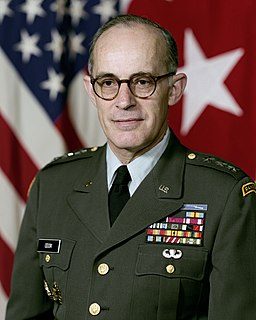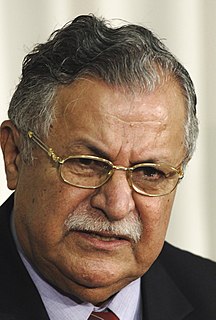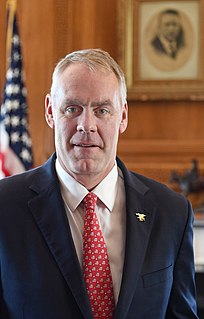A Quote by Tony Benn
The one thing that unites Sunni, Shiites and Kurds is they want the Americans out.
Related Quotes
At the end of the day...if your army won't fight, it's because they don't trust their incompetent, corrupt generals, they don't trust each other. This is an enduring civil war between the Shia, the Sunni, and the Kurds. So I don't think we've got any options and we'd be ill-advised to start bombing where we really can't sort out the combatants or understand where the civilian population is.
The UN should arrange, as US forces leave, for an international group of peacekeepers and negotiators from the Arab countries to bring together Shiites, Sunnis and Kurds, and work out a solution for self-governance that would give all three groups a share in political power. Simultaneously, the UN should arrange for shipments of food and medicine, from the United States and other countries, as well as engineers to help rebuild the country.
In the exodus out of Iraq, we're seeing the effects of just leaving. We left before there was control of chemical weapons stockpiles, without a status-of-forces agreement. We left before the Sunni and Kurds we fought with and fought alongside with were stable, or without empowering them. We left on a political rhetoric.
Now the world believes in Kurds, as they have become partners in that region. The West doesn't believe in the Iraqi government - not in Maliki before or Abadi today. It doesn't believe in Syria in any way, nor in Iran. So the Kurds could maybe work together with the Western world to bring stability to the region. It's a nice change, coming as it is after hundreds of years of the struggle of the Kurds.


































